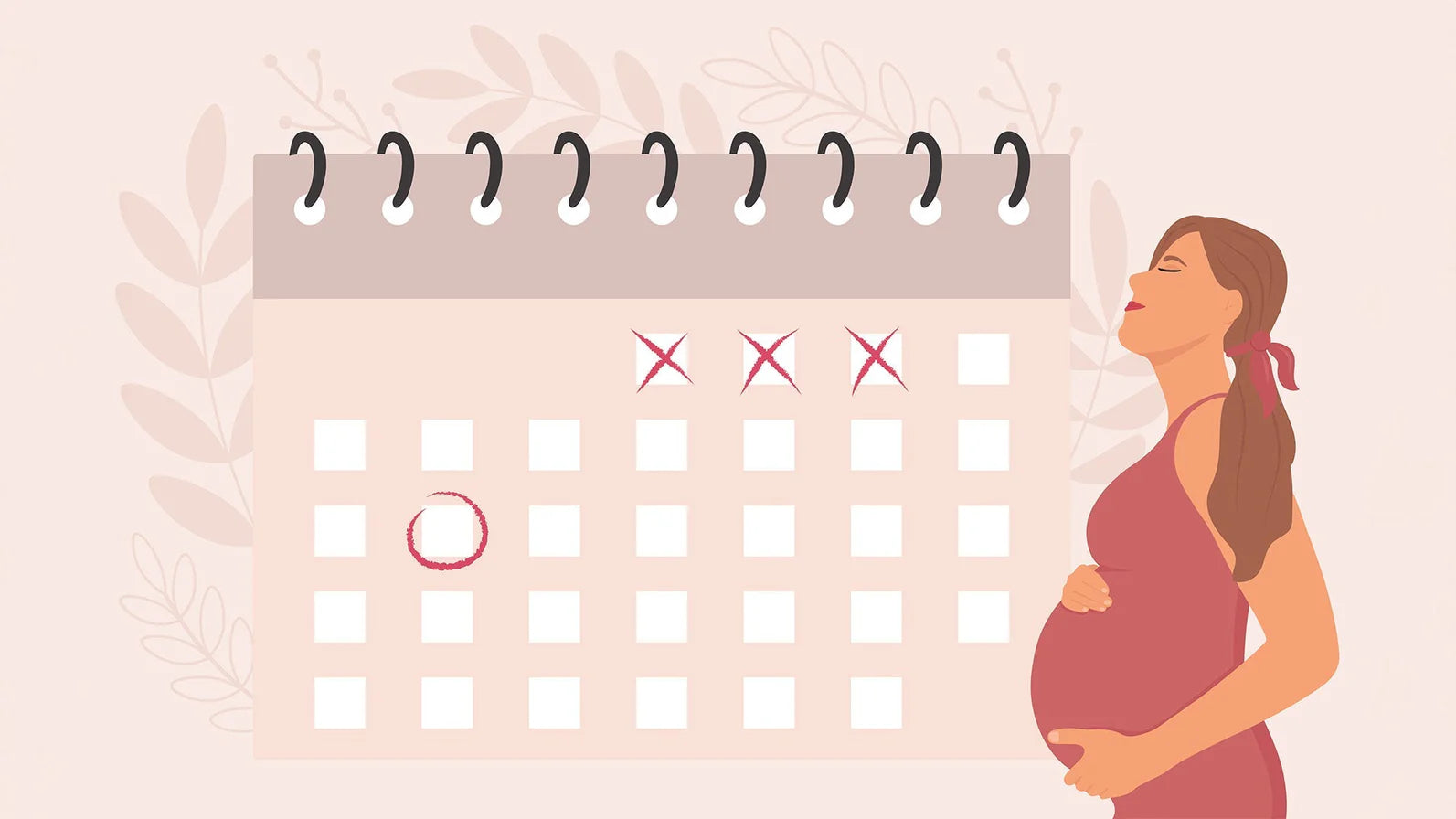Choose your method:
FAQs
- What is the recommended weight gain during pregnancy?
-
Your pre-pregnancy BMI determines the appropriate weight gain:
- Underweight (BMI < 18.5): Weight Gain: 12.5–18 kg
- Normal weight (BMI 18.5–24.9): Weight Gain: 11.5–16 kg
- Overweight (BMI 25–29.9): Weight Gain 7–11.5 kg
- Obese (BMI ≥ 30): Weight Gain 5–9 kg
These values are only recommendations and could change depending on a woman's health and pregnancy conditions. To get personalised guidance, always speak with your doctor.
- Why is gaining weight vital during pregnancy?
-
The placenta, amniotic fluid, and maternal reserves are all supported by weight gain, which is crucial for the baby's growth and development. A healthy weight gain reduces the probability complications and risk of low birth weight.
- Can the weight gain calculator account for multiple pregnancies?
-
Yes, Baby Forest’s Weight Gain Calculator offers modified suggestions for twins or multiples, and it typically recommends higher weight gain ranges to accommodate the extra kids.
- What factors affect pregnancy weight gain?
-
Important parameters comprise age, metabolism, food, activity levels, heredity, pre-pregnancy BMI, and whether the pregnancy is single or multiple.
- What is the recommended weight for pregnancy?
-
Your BMI determines a healthy weight before getting pregnant. Since it reduces hazards and promotes conception and pregnancy health, a normal BMI (18.5–24.9) is optimal.
- Can the calculator be used for individuals suffering from medical ailments?
-
Although it can offer broad recommendations, people suffering from illnesses like diabetes or thyroid issues should speak with their healthcare professional for specific advice.
- Should I be worried if my weight gain fluctuates?
-
While some variations are common, persistent patterns of excessive or inadequate weight growth should be reviewed with your physician to protect the health of both the mother and the fetus.
- Why is my weight not gaining in pregnancy?
-
Some of the reasons could be a poor diet, nausea, vomiting or an underlying illness. If weight growth is insufficient, it is imperative to seek medical advice.
- What is the ideal weight for 7 months pregnant woman?
-
Women usually gain 7–10 kgs by 7 months (third trimester), depending on their pre-pregnancy BMI and general health
- Is it normal to gain 20 kg during pregnancy?
-
Gaining 20 kg during pregnancy might be more than needed unless you’re underweight or carrying multiples. Excess weight gain can increase the chances of complications like gestational diabetes or difficulties during delivery.
- What trimester do you gain the most weight?
-
Due to the baby's rapid growth, the second trimester usually sees the most weight gain. During the second and third trimesters, a weight gain of 0.2–0.5 kg per week is typical.

















